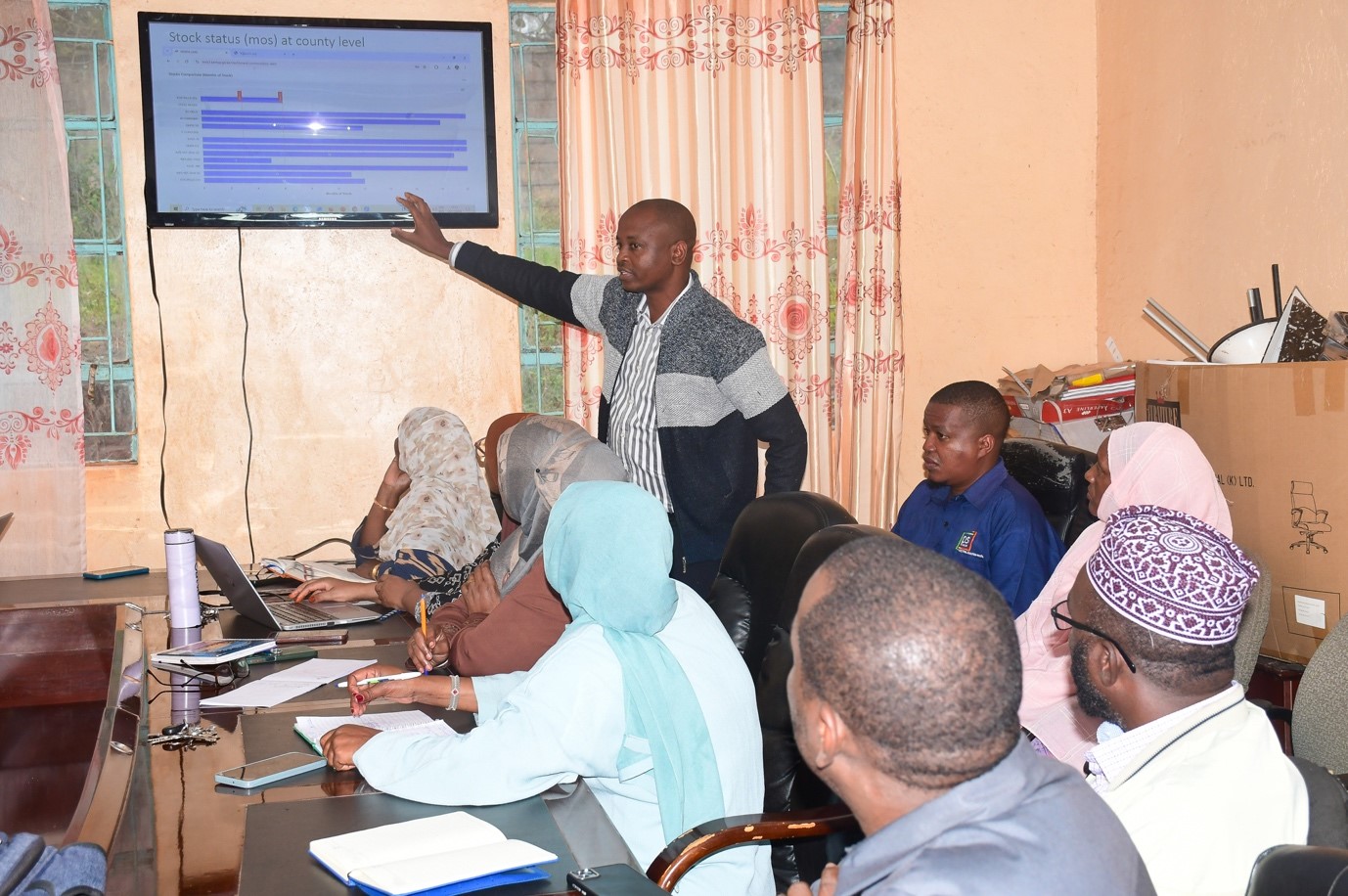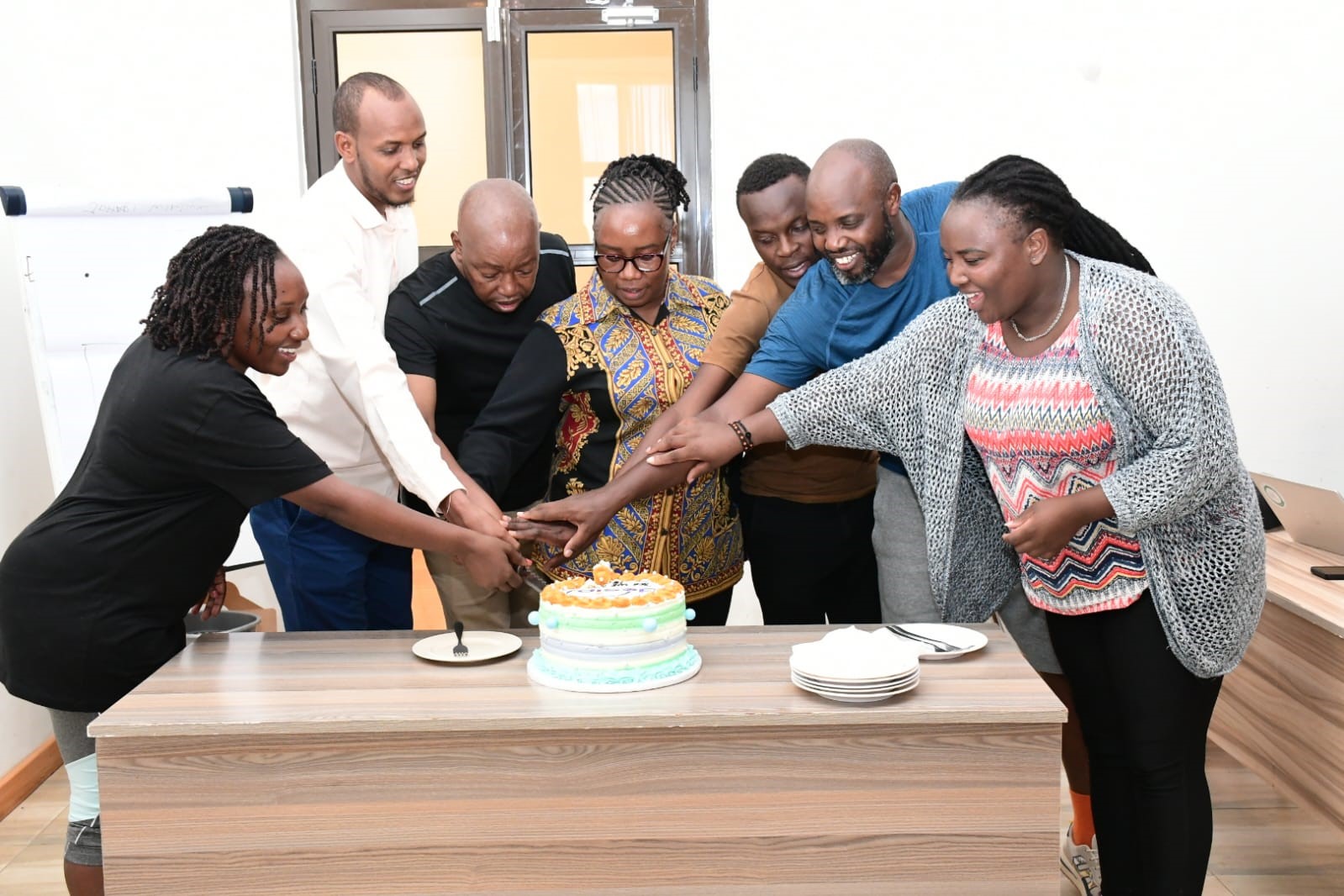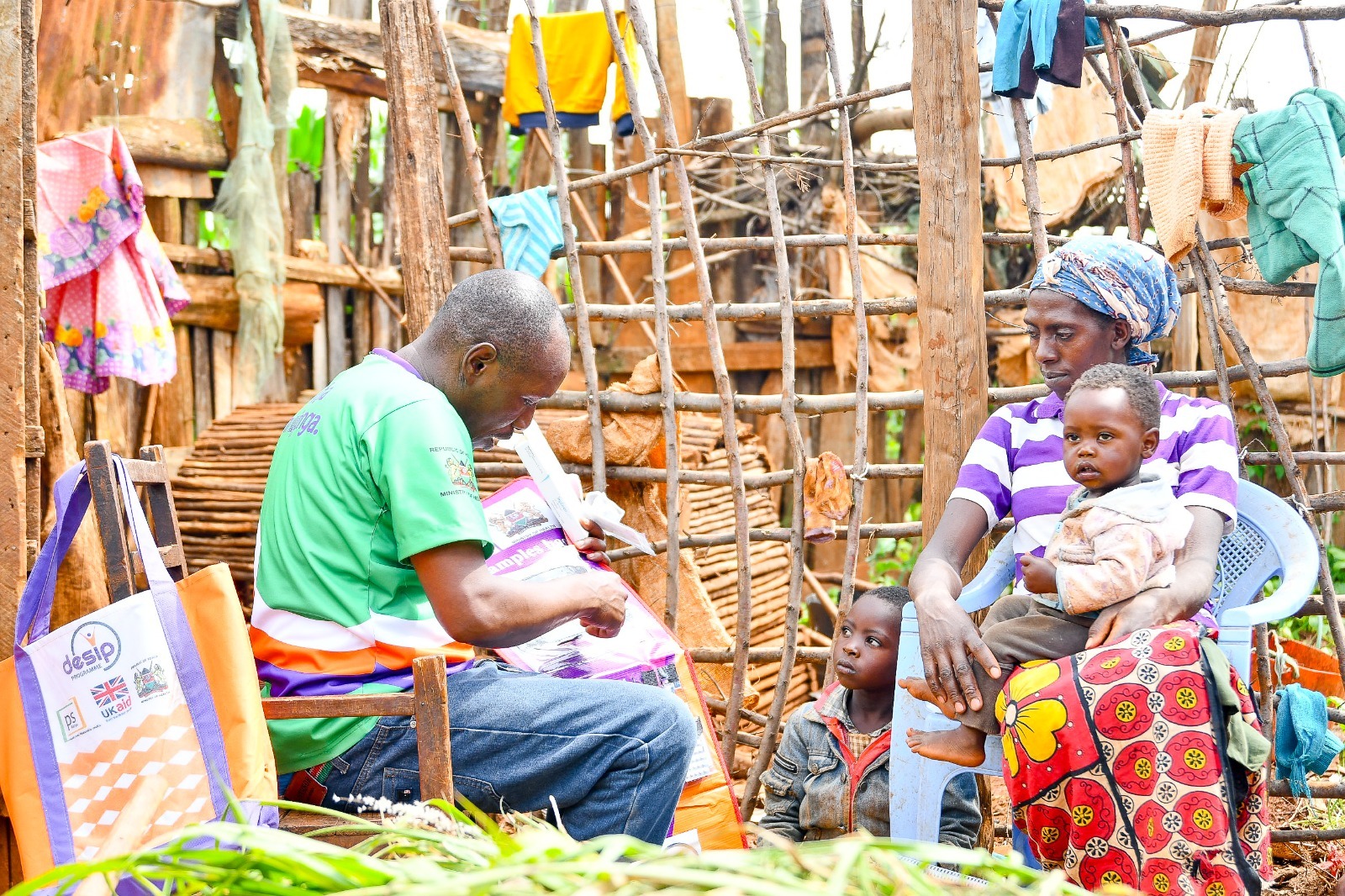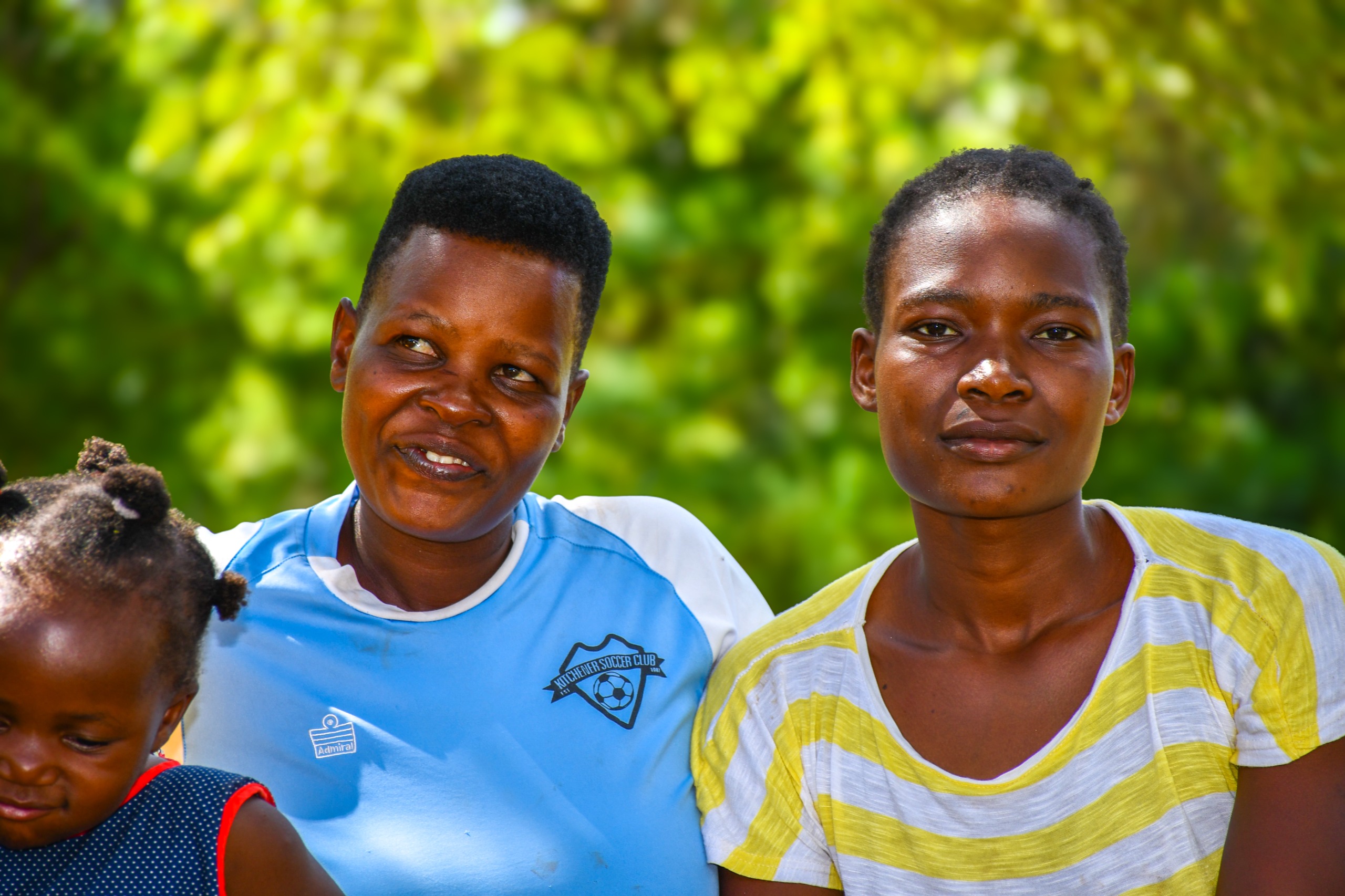Marsabit County recently hosted a significant milestone in advancing healthcare services, as stakeholders gathered in November for the DESIP Programme Closeout review visit. The visit aimed to evaluate the implementation, challenges, and sustainability of family planning (FP) services while fostering stronger partnerships for integrated health initiatives.
The visit began with a courtesy meeting at the County Health Management Team offices, where health officials provided a comprehensive review of their achievements under the DESIP programme.

Key highlights from the visit included:
- Expanding access to family planning (FP) services through capacity building and community engagement.
- Bridging gaps in service delivery and infrastructure to improve the reach and quality of FP services.
- Crafting sustainability plans to ensure the continuity of FP services beyond the programme’s timeline.
Challenges in reproductive, maternal, child, and adolescent health (RMCAH), such as high rates of teen pregnancies and maternal deaths, were also discussed. Participants emphasized the need for integrated approaches and sustained collaboration between the government and development partners to address these systemic issues effectively.
Key Discussions and Observations
A crucial component of the discussions was a detailed overview of the Logistics Management Information System (LMIS), presented by the Sub-County Pharmacist. The LMIS, which is pivotal in tracking and managing FP commodities, highlighted several challenges, including inconsistent supply chains, storage limitations, and inadequate training at health facilities.
The delegation also visited other healthcare facilities, including the Marsabit County Referral Hospital, Dakabaricha Dispensary, and Isiolo Samburu Marsabit Clinic (ISMC) Hospital. These visits offered insights into FP service delivery, data quality, and integration into broader healthcare services.
The team also prioritized community outreach, fostering awareness and dialogue around family planning. At Logologo Dispensary, community members, including men, persons with disabilities (PWDs), and youth, engaged in discussions aimed at promoting FP uptake. Similarly, religious leaders at Jamia Mosque participated in conversations linking child spacing to cultural and religious values, encouraging greater acceptance of FP services within the community.
To broaden the impact, Dr. Charlotte Pahe, PS Kenya’s Reproductive Health Director, participated in a live radio session. The discussion revolved around sustaining FP services, leveraging public-private partnerships, and addressing gaps in healthcare delivery.
The Marsabit visit underscored the significant progress made under the DESIP programme while highlighting areas needing continued focus, such as commodity security, infrastructure development, and community engagement. The collaborative efforts of UKAID, PS Kenya, and local stakeholders demonstrated a shared commitment to fostering inclusive, culturally sensitive, and sustainable health interventions.



